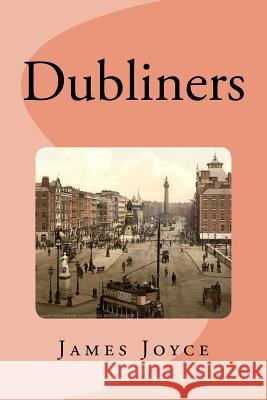Dubliners » książka
Dubliners
ISBN-13: 9781535247580 / Angielski / Miękka / 2016 / 150 str.
Dubliners is not a collection of short stories that were written at various periods and with various themes. It is clearly meant to be a unified work of art. Joyce said that he chose Dublin as the setting because it was "the center of paralysis." Yet he also stated that his purpose was to depict "the eventual spiritual liberation of my country." Such a "liberation" could occur only if the Dubliners were to shed the myths about Ireland and face their true situation. The stories of Dubliners are cunningly arranged. The first three stories clearly constitute a unit; they portray the life of a child in Dublin and are filled with disillusionment and a recognition of failure. "Araby" describes a failed quest as a nameless boy promises to go to a bazaar called Araby to buy a gift for a young girl. The boy is a dreamer who ignores daily life to dwell upon his beloved. It is significant that he invests her with religious imagery when he speaks of a "chalice" he is protecting. He also does not see her clearly; she is always a brown shape to him, and he worships his idea of her rather than her true self. On the day of his planned visit to Araby, his uncle is late, and it seems that the boy will not be able to go. Finally, the uncle enters, drunk, and gives him money. It is late when the boy arrives at the bazaar, and he finds not the magic and mystery of his dreams but a woman flirting with two men at a counter. He hears a voice announce that the light is out-a metaphor for the extinguishing of his quest. The epiphany is very harsh: "Gazing up into the darkness I saw myself as a creature driven and derided by vanity; and my eyes burned with anguish and anger." The boy feels ashamed of his earlier dreams; he, like the other Dubliners, is incomplete. His dreams have been smashed and he is filled with self-loathing
Zawartość książki może nie spełniać oczekiwań – reklamacje nie obejmują treści, która mogła nie być redakcyjnie ani merytorycznie opracowana.











